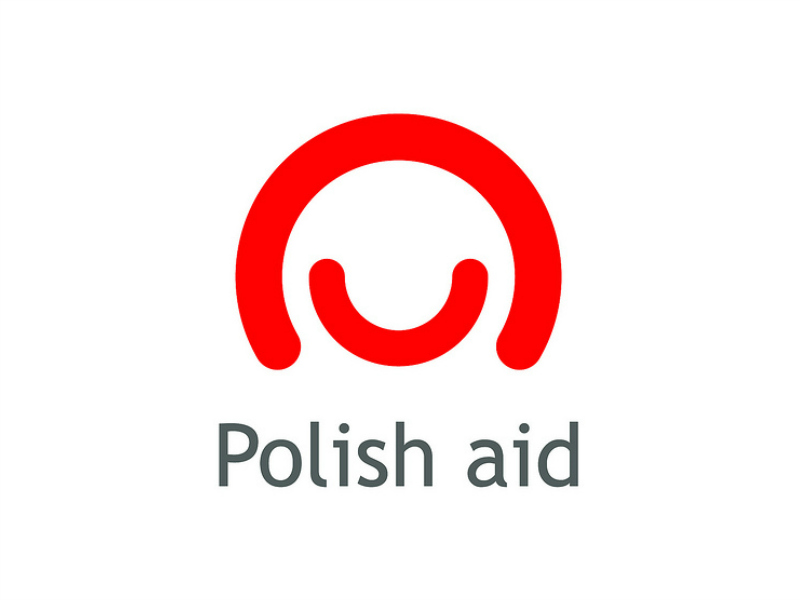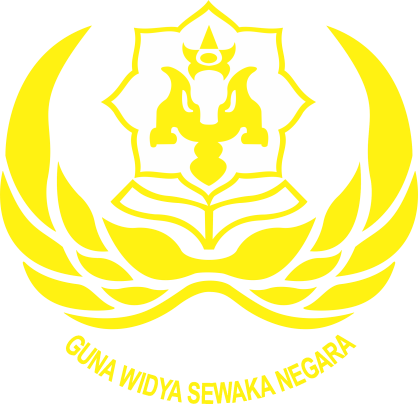This project is implemented by Yayasan Kopernik on behalf of our partner who provided grant funding for this project.
We are building an aquaponics facility to support the livelihoods of communities affected by COVID-19 pandemic through an alternative source of food supply.
THE PROBLEM
The COVID-19 pandemic has impacted the livelihoods of many Balinese due to a heavy reliance on tourism. Thousands of people are out of jobs, with challenges in fulfilling their day-to-day necessities, including food supplies.
THE SOLUTION
Introduction of aquaponics as a food production system that produces aquatic animals (e.g. catfish, tilapia) and grown plants (e.g. green vegetables) for consumption and potentially for sales.
Introduction and establishment of an aquaponics facility as a food production system with capacity of producing hydroponic plants and is equipped with a fish pond - combining hydroponic and aquaculture technology for food production.
We will conduct training for the community members in aquaponics installation, usage, and maintenance, as well as developing the facility as community-owned business.
THE EXPECTED IMPACT
Through the introduction and training on aquaponics usage and maintenance, we expect the community to be able to produce food supply such as hydroponic plants and fish to fulfill their needs, as well as developing a community-owned business strategy for the aquaponics facility.
PROJECT COST
Solution & Project Implementation
Costs associated with the purchase of the solutions tested and project coordination
$3,684
Monitoring & Evaluation
Costs associated with data collection, analysis and reporting
$7,229
Administration Fee
Cost of transferring payments internationally, processing online donations (5%) and a contribution to Kopernik's operational costs (15%)
$873
Total $11,786
This project is implemented by Yayasan Kopernik on behalf of our partner who provided grant funding for this project.




